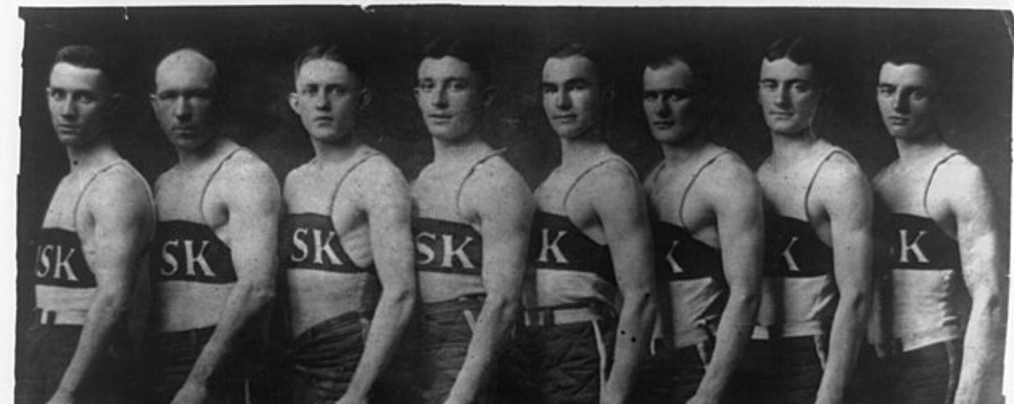Born in 1919, Irvin's talent blossomed early. He excelled in four sports in high school and became a star in the Negro Leagues with the Newark Eagles. His well-rounded skillset included power-hitting, solid fielding at shortstop, and impressive base-stealing ability. He even played professionally in Mexico and Cuba, further enhancing his reputation as one of the best players of his generation.
However, the color barrier in baseball prevented Irvin from showcasing his talents on the biggest stage until 1949, when he joined the New York Giants at 30. Irvin quickly established himself as a force despite the delayed entry, hitting a .293 batting average with 24 home runs in his first entire season (1951). He finished third in the National League MVP voting, showcasing his ability to compete with the best even after years away from the major leagues.
Irvin's impact transcended statistics. He became a mentor and role model for younger players like Willie Mays, who joined the Giants in 1951. His calm demeanor and leadership helped pave the way for future generations of Black players in baseball.
While injuries and lost prime years undoubtedly impacted his ultimate statistics, Irvin's career speaks volumes about perseverance and overcoming adversity. He retired in 1956, leaving behind a legacy of excellence, both on and off the field. He was inducted into the Baseball Hall of Fame in 1973, a testament to his undeniable talent and the lasting impact he had on the sport.
Monte Irvin's story reminds us of the human cost of discrimination and the importance of recognizing the contributions of athletes who were denied the opportunity to reach their full potential on a level playing field. His talent, leadership, and resilience inspire generations of players and fans alike.





